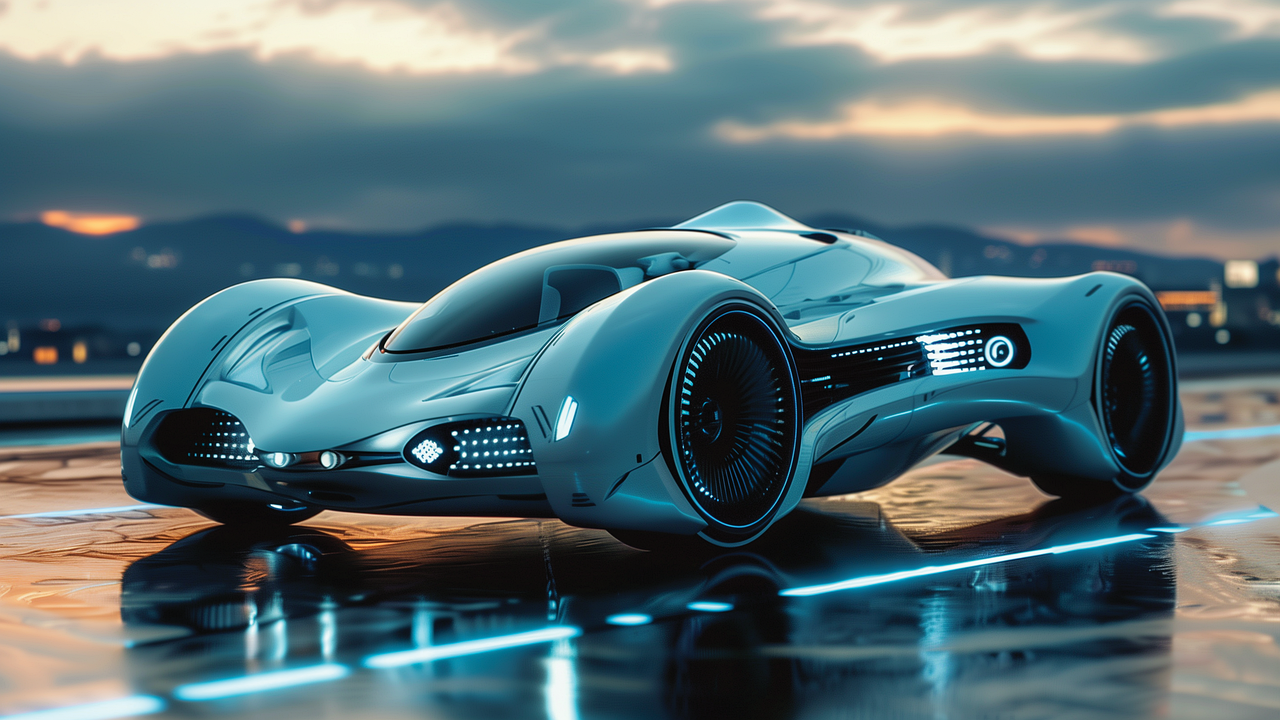The Future of Electric Vehicles: Key Trends and Predictions for 2030
- 13 Aug 2025
- 149
- Electric Vehicles , EV Sales Ireland
The Future of Electric Vehicles: Key Trends and Predictions for 2030
The landscape of transportation is on the brink of a transformative shift as electric vehicles (EVs) set to dominate global markets by 2030. Driven by technological innovation, environmental imperatives, and evolving consumer preferences, the EV industry is poised for unprecedented growth and sophistication. Here’s a comprehensive look at the major trends shaping the future of electric mobility.
Exponential Growth in Adoption
By 2030, electric vehicle adoption is expected to surge dramatically. As consumers become increasingly eco-conscious, the demand for cleaner, greener transportation options will accelerate. Improvements in battery technology will enhance vehicle range and efficiency, making EVs more attractive and accessible to a broader audience.
Enhanced Range and Rapid Charging Capabilities
Range anxiety has long been a barrier to EV adoption. However, advancements in battery science are set to change that narrative. Most EVs will boast ranges exceeding 400 miles per charge, while ultra-fast charging stations will drastically cut recharge times. These innovations will facilitate seamless long-distance travel, addressing one of the most critical consumer concerns.
Expansion of Charging Infrastructure
A robust charging network is vital for the widespread adoption of EVs. By 2030, global investments from governments and private sectors will lead to a significant proliferation of charging stations. Urban centers will feature high-speed chargers, and rural areas will see increased station deployment, reducing range anxiety and encouraging more consumers to make the switch.
Lower Total Cost of Ownership
The economic case for EVs will strengthen as battery prices decline sharply due to technological progress and mass production. Consequently, the overall cost of owning an EV will become more competitive with traditional vehicles, complemented by reduced maintenance expenses, making electric cars a cost-effective choice for consumers.
Rise of Electric SUVs and Trucks
Larger electric vehicles such as SUVs and trucks are gaining popularity. By 2030, automakers will offer a diverse array of these models, equipped with powerful batteries and impressive towing capacities. This evolution will attract consumers seeking spacious, versatile vehicles without compromising on sustainability.
Autonomous Electric Vehicles
Autonomous driving technology will be deeply integrated into electric vehicles by 2030. These smart EVs will enhance safety, convenience, and traffic management, potentially reducing congestion and accidents. The synergy of autonomy and electrification promises to redefine future transportation paradigms.
Growth in Emerging Markets
Regions like China, India, and Brazil are set to become pivotal players in the EV revolution. With supportive policies, incentives, and affordable models tailored for middle-class consumers, these markets will experience significant growth, contributing to the global proliferation of electric vehicles.
Breakthroughs in Battery Technology
Battery innovation remains at the heart of EV development. Expected breakthroughs include solid-state batteries, which will offer longer ranges, faster charging, and enhanced safety profiles. These advancements will revolutionize vehicle performance and sustainability.
Sustainability and Recycling Initiatives
Environmental responsibility will extend beyond zero-emissions driving. By 2030, emphasis will be placed on recycling EV batteries and adopting eco-friendly manufacturing practices. Such initiatives will ensure that the growth of EVs aligns with broader sustainability goals.
Emergence of Subscription Models
The way consumers access vehicles will evolve, with subscription-based EV services gaining popularity. Offering flexible leasing options, maintenance, and charging solutions, these services will cater to urban dwellers seeking convenience and adaptability.
Smart Charging and Grid Integration
Smart charging systems will optimize energy use by integrating with the electrical grid. By 2030, most charging stations will feature intelligent technology that adjusts charging times based on grid demand, reducing costs and enhancing energy efficiency.
Collaborative Innovation
Partnerships between automakers and technology firms will accelerate the development of cutting-edge EV features. Collaborations in areas like autonomous driving, battery tech, and connectivity will lead to innovative solutions and faster market growth.
Conclusion
The future of electric vehicles is undeniably promising. With rapid advancements in range, charging speed, affordability, and sustainability, EVs are set to revolutionize transportation by 2030. As markets expand and technology evolves, electric mobility will become an integral part of a cleaner, smarter, and more connected world.

